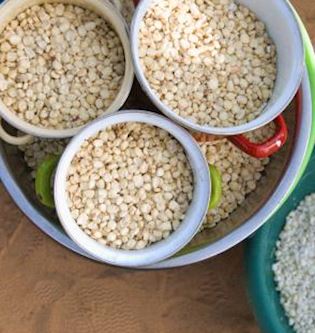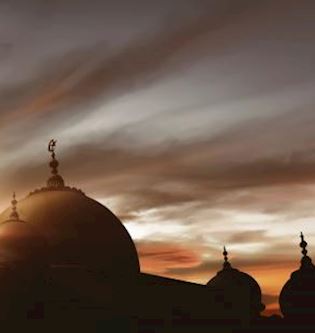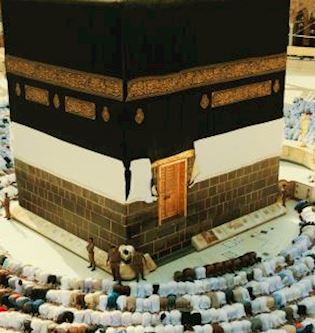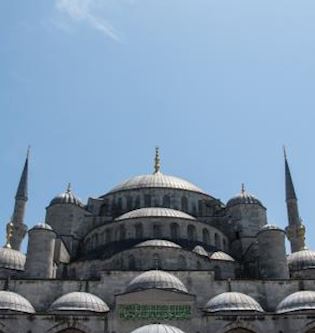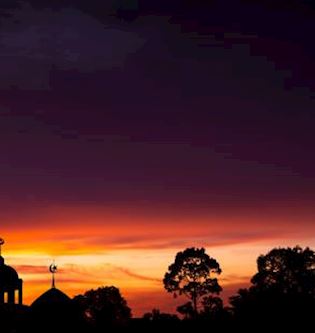What Are the White Days? A Guide to Fasting and Spiritual Growth
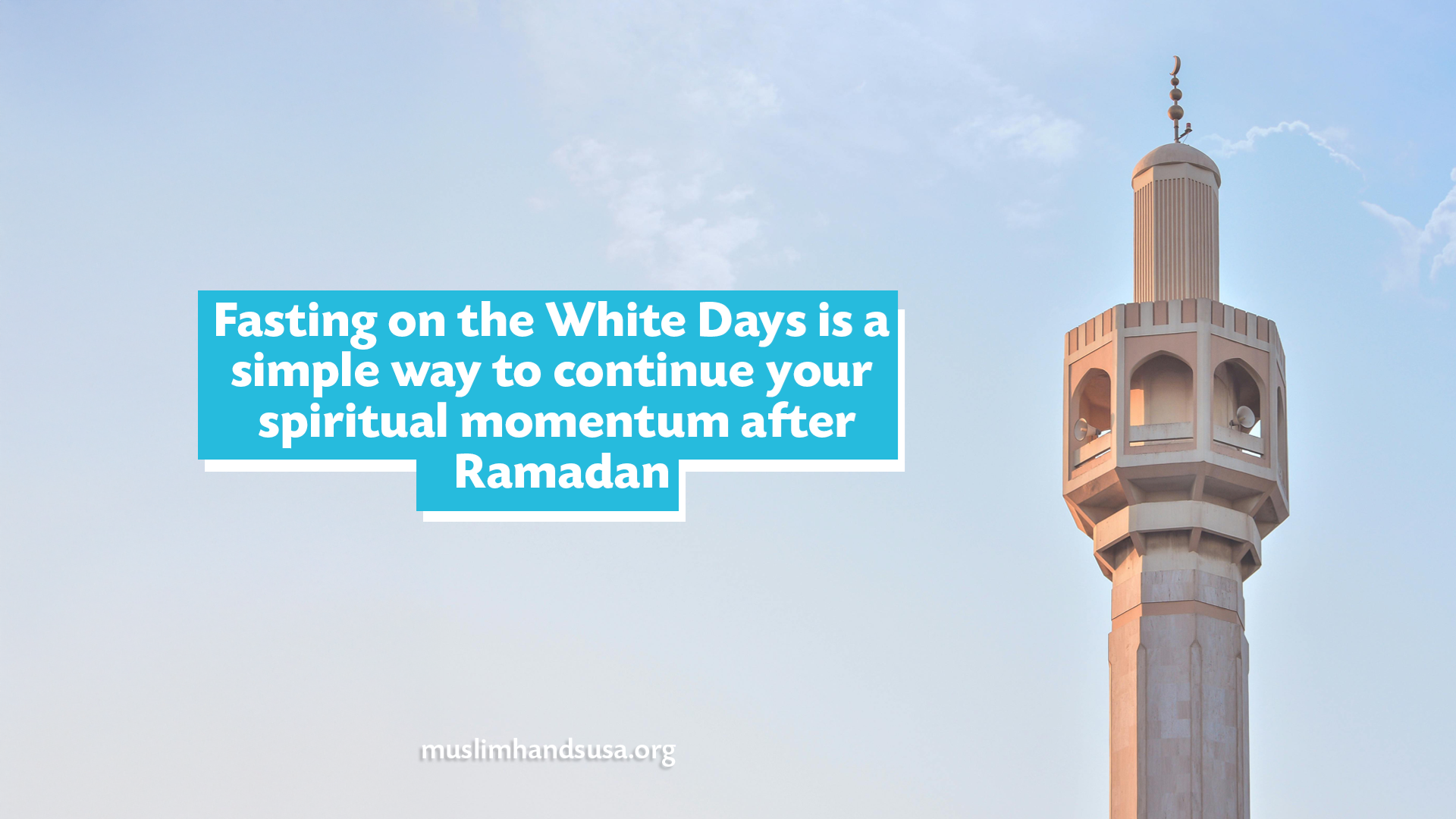
Ramadan may be over, but the spiritual rewards of fasting continue all year. One of the most beloved Sunnahs in Islam is to fast the White Days: the 13th, 14th, and 15th of each lunar month. These days carry immense reward and offer a powerful way to maintain your spiritual momentum after Ramadan.
What Are the White Days in Islam?
In the Islamic calendar, the White Days (Arabic: Ayyam al-Beed) refer to the 13th, 14th, and 15th nights of each lunar month. These are the nights when the moon is at its brightest shining fully in the sky, unobstructed by shadows. That brightness is where their name comes from.
They’re not just astronomically special they’re spiritually significant too. The Prophet Muhammad ﷺ regularly fasted on these days and encouraged his companions to do the same.
By observing the White Days each month, we align ourselves with a practice that’s rooted in light both literally and spiritually.
What the Prophet ﷺ Said About the White Days
Fasting the White Days carries the reward of fasting for a lifetime. That’s not symbolic it’s a direct promise from the Prophet ﷺ:
The Messenger of Allah (ﷺ) used to command us to fast the days of the white (nights): thirteenth, fourteenth and fifteenth of the month.
He (PBUH) said: This is like keeping perpetual fast.
Sahih (Al-Albani)
Incorporating this habit into your routine allows you to earn long-term rewards with small, consistent acts. The Prophet’s ﷺ wisdom reminds us: consistency in good deeds matters more than quantity.
Why Fasting the White Days Is So Important

You may have just fasted 29 or 30 days in Ramadan but fasting outside of Ramadan is part of building a year-round relationship with Allah.
Fasting the White Days:
- Keeps the soul disciplined
- Revives a Sunnah that’s often forgotten
- Elevates your personal connection with faith
- Carries barakah and spiritual focus into the rest of your month
Fasting doesn’t only cleanse the body, it softens the heart, sharpens intention, and renews gratitude. The White Days are your monthly opportunity to reset.
When Do the White Days Fall?
The White Days occur during the 13th, 14th, and 15th of each lunar month. Because the Islamic calendar follows the moon, their Gregorian dates change monthly.
To catch them:
- Use a Hijri calendar (most prayer apps include one)
- Ask your local masjid or Islamic center
- Set a monthly reminder on the 13th day after each new moon
For example: If Ramadan ended on the 30th of Sha’ban, then the White Days in Shawwal would fall about two weeks later usually right after Eid al-Fitr celebrations.
Who Should Fast the White Days?

Fasting the White Days is a voluntary act of worship, a Sunnah, not a fard (obligation). That means anyone who is physically able to fast can take part and earn their rewards.
Some Muslims also use the White Days to make up missed Ramadan fasts. These days can combine both intentions: fulfilling an obligation and reviving a Sunnah.
If you can’t fast whether it’s due to health, age, or other valid reasons, you can still engage with these days spiritually. Acts of charity, dhikr, or feeding someone who is fasting also carry great reward.
How You Can Keep the Spirit of Fasting Alive
Even if you’re not fasting, you can still take part in the blessings of the White Days especially by helping others break their fast.
Your charity these days is multiplied, and even a small act of giving can ripple across an entire community.
You can:
- Feed a fasting person through our Gaza Emergency Appeal
- Support clean water access via the Give Water Appeal
- Provide food and care through Orphan Sponsorship
- Help families survive famine through the Yemen Bread Factory
These actions reflect the very purpose of fasting: empathy, humility, and service to others.
Can I Combine Shawwal Fasting With the White Days?
Yes and it’s one of the smartest spiritual moves you can make.
If you’re fasting the Six Days of Shawwal, try to schedule them to overlap with the 13th, 14th, or 15th of the month. That way, you earn the reward for both Shawwal and White Days.
According to hadith, fasting six days of Shawwal after completing Ramadan brings the reward of fasting for an entire year. Imagine combining that with a Sunnah that promises the reward of a lifetime.
Final Thoughts
The White Days are a gift a monthly opportunity to realign, reset, and renew your connection with Allah (SWT). Fasting them brings light into your schedule, your heart, and your intention.
Whether you fast, help someone else fast, or give to a family in need your reward is written, your impact is felt, and your sincerity is known.
👉 Continue your giving with Muslim Hands USA
📲 Set a reminder to fast the White Days this month and share this Sunnah with a friend.







